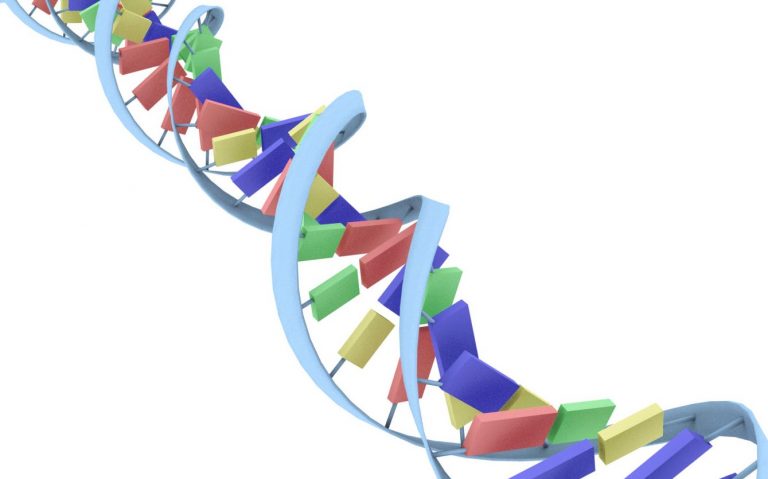
Sequencing tools provider PacBio will collaborate with genome analysis company iLAC and Robotic Biology Institute (RBI) will apply robotic technologies to co-develop automated, end-to-end workflows on the company’s Sequel II and Sequel IIe HiFi sequencing platforms.
“As our footprint around the world grows, collaborations like this help us support the diverse needs of our customers,” said Peter Fromen, chief commercial officer of PacBio. “iLAC’s track record of success in offering highly innovative, advanced, and cost-effective fully automated sequencing workflows make them an ideal partner for PacBio. We believe this collaboration, and the automated sequencing workflows that may result from it, could support broader adoption of long-read sequencing in the market.”
Working within its genomics lab in Tsukuba, Japan, iLAC and RBI will create and validate automated, high-throughput workflows on the LabDroid robotic system from RBI, with technical assistance provided by PacBio. The workflows will support whole-genome sequencing, targeted sequencing, and PacBio’s isoform-resolution transcriptome application Iso-Seq, on the Sequel II and Sequel IIe platforms. The LabDroid system is a humanoid robot that can work within a biological research and development environment around the clock to facility high-throughput sequencing projects.
“By working with PacBio to automate its applications and workflows on RBI’s LabDroid, we believe we can optimize data consistency especially for larger projects, while reducing cost. We believe this collaboration will enable us to bring the advantages of highly accurate long-read sequencing to more scientists,” said Taka-Aki Sato, president and CEO of iLAC.
According to RBI’s website, the company’s mission is to create “an environment where scientists can be more creative.” The concept is to have a working lab that has much of the routine research benchwork run by LabDroids that can also help minimize human error in running assays. By relieving researchers of some of the basic tasks in the lab, RBI says it provide scientist with more time to think and be creative.
Tokyo-based RBI was founded in 2015 with funding provided by the Japan Science and Technology Agency with an additional private investment from Yaskawa Electric Corporation. The company has exhibited that its humanoid robot, called Maholo, can help standardize preclinical and clinical studies, and can work in environments not suitable for humans including working with biohazardous experiments involving pathogens, and low oxygen or high/low temperature conditions.
“Our humanoid robotic system emulates the skilled movements and maneuvers of humans, enabling automation of difficult jobs and going far beyond what standard liquid handlers can do,” said Kenji Matsukuma, president of RBI. “It is adaptable to a broad range of complex protocols, including preparation of sequencing libraries without human interaction. The true value of LabDroid is in its ability to reproduce workflows, increasing the likelihood that the highly accurate HiFi sequencing data will be uncompromised by variation that can result from manual processing.”











